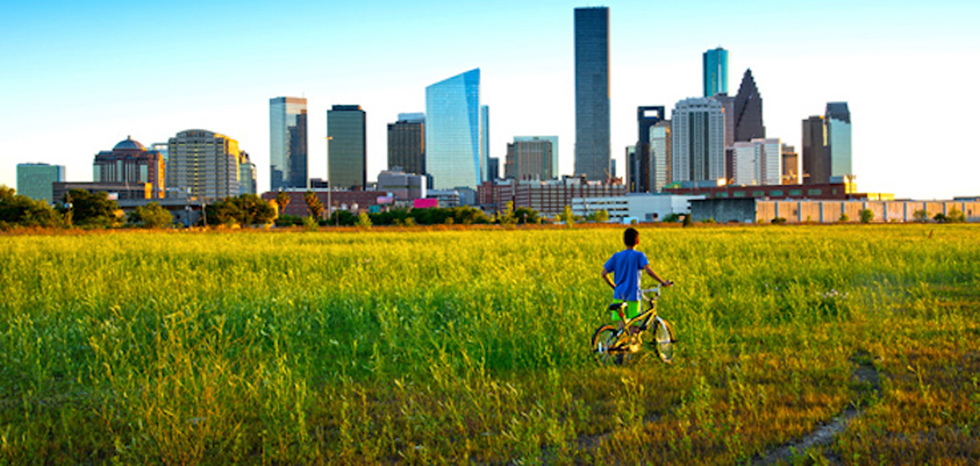- South Texas Students Meet Accordion Music Icons Los Tigres Del Norte In Edinburg Thanks To Khs America/Hohner Alianza Académica Initiative
- Fragile Planet Offers a Nighttime Wildlife Experience
- Falcons Soccer Off & Running
- Cameron County Receives Funds to Improve Two Parks
- Falcons Complete First Half of 32-6A
- School District to Help out Victims of California Wildfires
- Sand Castle Days Continued Despite Unexpected Weather
- Ready for District
- Discussion of Garbage Dumpster Rates, Agreements Between State & City on Highway Regulations, and More
- 31st Annual Shrimp Cook-Off is Right Around the Corner
Poll: White Americans unaware of pollution impacts in disadvantaged areas
- Updated: December 3, 2020

By ROZ BROWN
Texas News Service
AUSTIN, Texas — When high pollution levels occur in a neighborhood, residents are likely to be Black or Latino families, and a new survey finds many white Americans are unaware of the disparity.
Elise Nelson Leary, manager of campaigns and partnerships for the Environmental Defense Fund said the national poll conducted for the group found fewer than four in 10 white adults know minority neighborhoods often aren’t like their own.
She noted pollution and contaminants are far more likely to be detected in Black, Latino and low-income neighborhoods.
“Low-income communities and communities of color have endured disproportionate harm from climate change,” Nelson Leary contended.
She added 60% of U.S. respondents to the poll who identified as Black said they were very concerned about air-pollution exposure in their community versus 32% of white adult respondents.
Juan Parras, executive director for Texas Environmental Justice Advocacy Services said unless you live in a neighborhood with high levels of pollution, you’re unlikely to know the difference.
He added people often lack understanding even if they recognize the privileges afforded by culture and circumstances.
“And then some that do, they don’t blame it on the environment,” Parras observed. “They blame it on the people themselves, thinking, ‘Well, why don’t they move out?’ ‘Why don’t they move out to a better community?’ It’s all a matter, I think, of education and understanding.”
Nelson Leary said the poll found 51% of Black respondents and 48% of Latino respondents believe environmental injustice is a major problem in the U.S., while only 33% of white adult respondents agree.
“We wanted to use this poll to get a pulse of how people were seeing these issues,” Nelson Leary explained. “And so this poll really again was to collect that data and to really understand how we can better talk about environmental justice.”
The survey also shows concern about climate change and its impact on the economy is more prevalent among Black and Latino respondents than white respondents.
